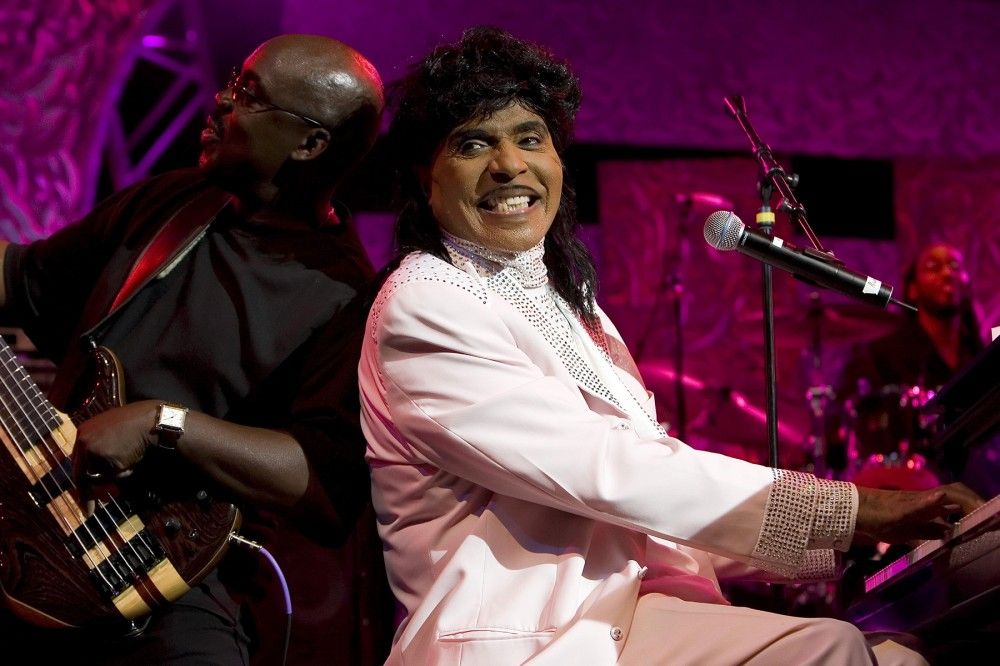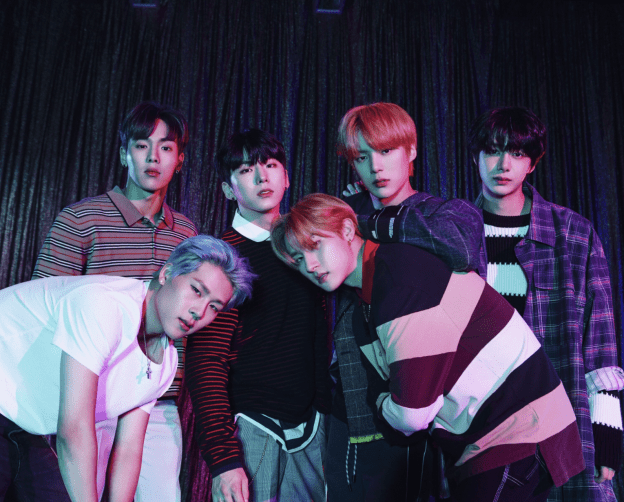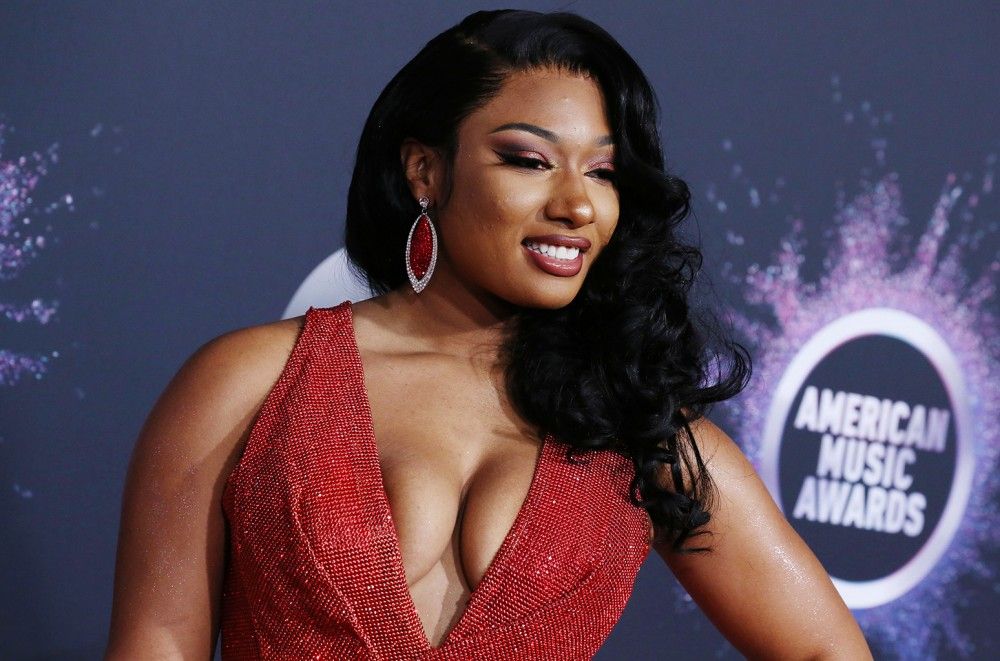
Little Richard's Long Goodbye
September 12, 2013, Issue 1191, of Rolling Stone
‘I JUST THANK GOD FOR BEING ALIVE,” says. “I never knew that I would live to see 80. I’m the only one in my family who ever got to that age.”
A year ago, it didn’t seem like Little Richard, one of the first and most influential — if not the most influential — singer-songwriter-pianists in the history of rock & roll, would make it to 80. He was at the Howard Theatre in Washington, D.C., booked for one of the few concerts he’s performed in the past five years. Carried onstage in some sort of cross between a throne, a piano bench and a piece of patio furniture, he was lowered into place in front of the piano, wearing a sequined blue suit that no longer fit. “All right, ladies and gentlemen,” he proclaimed, commencing the patter that has kicked off his shows for more than half a century. “I am the beautiful Little Richard from Macon, Georgia.” But this time, his introduction took a turn from grandiose to mortal as he discussed his hip-replacement surgery in 2009 and how surgeons were unable to remove the broken bone.
“I’m in pain 24 hours a day,” he concluded, and then promptly launched into “Blueberry Hill,” made most famous by a friend he still visits, Fats Domino. Each successive rocker he performed came from a deeper place of pain — not emotional but physical. Until finally, in the midst of “Tutti Frutti,” right after the first “aw-rooty,” he begged, “Jesus, please help me. I can’t hardly breathe.”
Yet he pressed on, determined to give the audience what it came for, struggling to belt “Long Tall Sally.” For a moment, it seemed as if the beautiful Little Richard was going to perform himself to death -until finally he was carried offstage.
Fifteen minutes later, he was sitting alone in his wheelchair. “I’m sick,” he said apologetically, as if disappointed his body could no longer keep up with his spirit. “Stay close to Jesus,” he advised, dabbing blood off his nose and mouth with a tissue. “The world is getting close to ending very soon. I need a cup.”
As he spit more blood into the cup, two fans entered, hoping to take a photo with him. Despite his condition, he obliged, looked at the image, then told them, “I got a big head — take another picture.”
Seventy years ago, when he was simply Richard Penniman, the kids nicknamed him Big Head, and evidently the echoes of those taunts remain. Since childhood, whether insisting on being the mother when playing house or earning spare change as a faith healer, Penniman has lived in his own reality, the elements of his flamboyant personality sealed in place. He calls himself rock’s Architect and Originator, though he’s actually one of several founding fathers of rock & roll; when asked about his claims, he says he’s also called “the quasar of rock & roll” and reflects, “There was another guy in Atlanta, Billy Wright, but I started it.”
Almost a year after the show, Little Richard calls out of the blue to continue the conversation. With replenished energy and optimism, he announces that his plan for the future is “to keep on living as long as I can and to make sure my legacy is what it should be.
“I think my legacy should be that when I started in show business, there wasn’t no such thing as rock & roll,” Richard says. “It was ‘swing and sway with Sammy Kaye.’ It was John Lee Hooker, Elmore James -and then after a while, here comes Chuck Berry. And when I started with ‘Tutti Frutti,’ that’s when rock really started rocking, with wop-bob-a-loo-bop-a-lop-bam-boom, you know?” Richard enunciates the phrase percussively and slightly varied from the original recording. “And when I see people today, they don’t know.”
When asked whether his music at that time came from a frustration that he needed to express or a joy he needed to let out, he answers, “It was a pain and then it was overwhelming joy. It was both of those that I wanted to express.” The joy, he explains, came from God. As for the pain, “My mother had 12 kids. My daddy got killed when he was 40 years old, and my best friend killed my father. So my mother had to have help. It was a lot of pain, but a lot of love.”
He reflects for a moment. “So pain wasn’t pain. It was the pain of love.” He chews on the words, then exclaims, “That should be a song, ‘The Pain of Love.’ I like that. That’s beautiful.”
As for whether he will ever record it, that seems unlikely. Richard has been spending his time lately designing clothing, praying for God to protect his longtime employees and their families from a divine apocalypse that he feels is imminent, and sending his old outfits to the Smithsonian. As for the music, he says bluntly, “I am done, in a sense, because I don’t feel like doing anything right now.”
“Rock started really rocking with me. And people today, they don’t know.”



